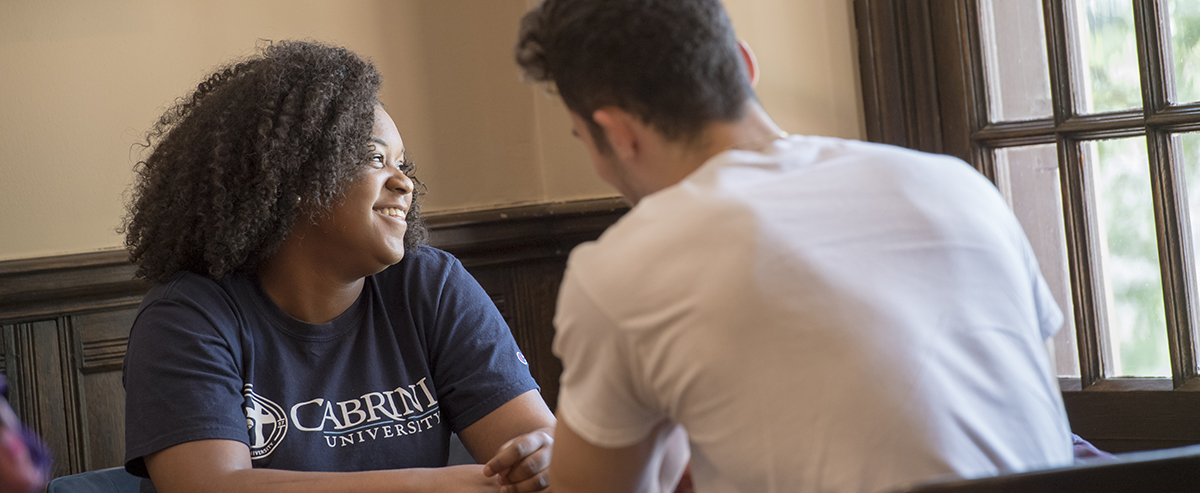Mindfulness
Mindfulness is awareness of one’s thoughts, actions or motivations. The Buddha provided a guide on establishing mindfulness more than 2,500 years ago.
Although mindfulness has its origins in Buddhism, it is also advocated in the West by teachers such as Jack Kornfield, Joseph Goldstein, and Sharon Salzberg, who have jointly been attributed with playing a significant role in bringing the practice to a new audience.
Mindfulness is also attracting increasing interest among western clinical psychologists, clinical social workers and psychiatrists as a non-pharmacological means of dealing with stress, anxiety, and depressive mood states.
Therapeutic Applications of Mindfulness
Recent research points to a useful therapeutic role for mindfulness in a number of medical and psychiatric conditions, notably chronic pain and stress. Recent research suggests that mindfulness-based cognitive therapy can be used to prevent suicidal behavior from recurring in cases of severe mental illness.
Dr. Jon Kabat‑Zinn developed the Mindfulness-Based Stress Reduction (MBSR) program. MBSR is a form of complementary medicine offered in more than 200 U.S. hospitals and is currently the focus of a number of research studies funded by The National Center for Complementary and Alternative Medicine. Kabat‑Zinn also wrote a book about mindfulness called “Wherever You Go, There You Are.”
How Mindfulness Works
Mindfulness involves bringing one’s awareness back from the past or the future into the present moment.
By residing more frequently in the present moment, practitioners begin to see both inner and outer aspects of reality. Internally, one sees that the mind is continually chattering with commentary or judgment. By noticing that the mind is continually making commentary, one has the ability to carefully notice those thoughts, seeing them for what they are without aversion or judgment.
Those practicing mindfulness realize that “thoughts are just thoughts.” One is free to release a thought (let it go) when one realizes that the thought may not be concrete reality or absolute truth.
Thus, one is free to observe life without getting caught in the commentary. Many voices or messages may speak to one within the vocal mind. It is important to be aware that the messages one hears during thinking might not be accurate or helpful, but rather may be translations of, or departures from truth.
Try a simple Mindfulness Exercise
Mindfulness does not have to be constrained to a formal meditation session.
Mindfulness is an activity that can be done at any time; it does not require sitting, or even focusing on the breath, but rather is done by bringing the mind to focus on what is happening in the present moment, while simply noticing the mind’s usual commentary.
One can be mindful of the sensations in one’s feet while walking, of the sound of the wind in the trees, or the feeling of soapy water while doing dishes.
Mindfulness Mentor
Today, we introduce you to Thich Nhat Hanh (pronounced Tick Not Hahn), born Oct. 11, 1926 in central Vietnam. He is an expatriate Vietnamese Zen Buddhist monk, teacher, author, poet, and peace activist.
He joined a Zen monastery at the age of 16, studied Buddhism as a novice, and was fully ordained as a monk in 1949. In the early 1960s, he founded the School of Youth for Social Services (SYSS) in Saigon, a grass-roots relief organization that rebuilt bombed villages, set up schools and medical centers, and resettled families left homeless during the Vietnam War.
He traveled to the U.S. a number of times to study at Princeton University, and later lecture at Cornell University and teach at Columbia University. His main goal of those travels, however, was to urge the U.S. government to withdraw from Vietnam. He urged Martin Luther King Jr. to oppose the Vietnam War publicly and spoke with many people and groups about peace.
In a Jan. 25, 1967, letter to the Nobel Institute in Norway, King nominated him for the Nobel Peace Prize. Nhat Hanh led the Buddhist delegation to the Paris Peace Talks.
One of the best-known Buddhist teachers in the West, Thich Nhat Hanh’s teachings and practices appeal to people from various religious, spiritual, and political backgrounds. He offers a practice of mindfulness adapted to Western sensibilities.
As of 2007, his home is Plum Village Monastery in the Dordogne region in the South of France and he travels internationally giving retreats and talks.
Nhat Hanh is active in the peace movement, sponsoring retreats for Israelis and Palestinians, encouraging them to listen and learn about each other.
He has given speeches urging warring countries to stop fighting and look for non-violent solutions to problems; conducted a peace walk in Los Angeles in 2005, and again in 2007, attended by thousands of people; and urging support of the demonstrating monks in Myanmar. He was awarded the Courage of Conscience award June 16, 1991.
In closing, we offer an invitation to bring your mindfulness skills to the following Thich Nhat Hanh quote:
- “Your true home is in the here and the now. It is not limited by time, space, nationality, or race. Your true home is not an abstract idea. It is something you can touch and live in every moment. With mindfulness and concentration, the energies of the Buddha, you can find your true home in the full relaxation of your mind and body in the present moment. No one can take it away from you. Other people can occupy your country, they can even put you in prison, but they cannot take away your true home and your freedom.”
Thich Nhat Hanh, “Returning Home,” Shambhala Sun, March 2006.
